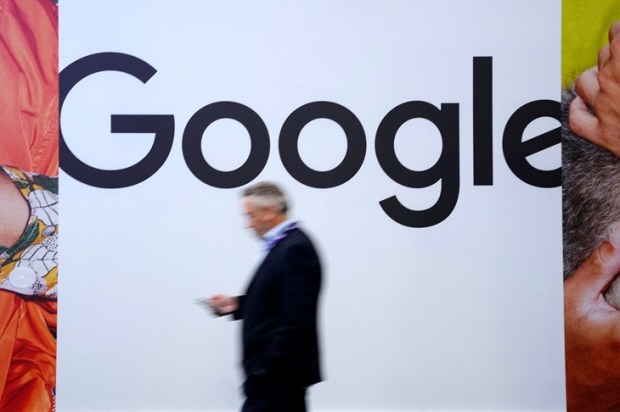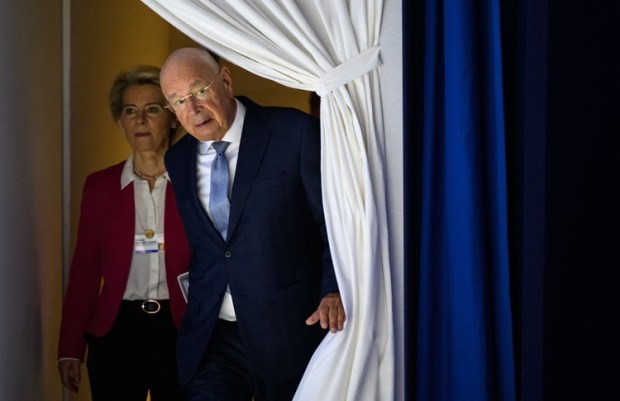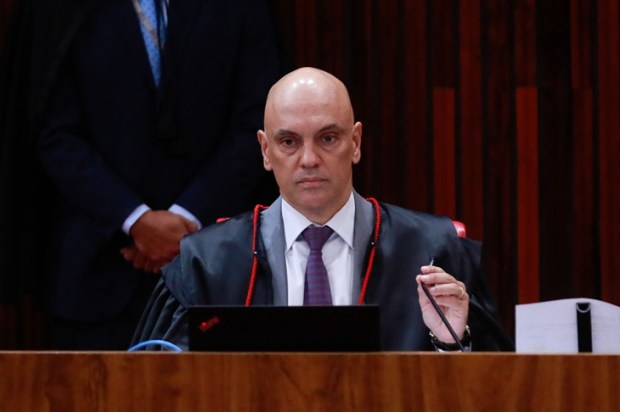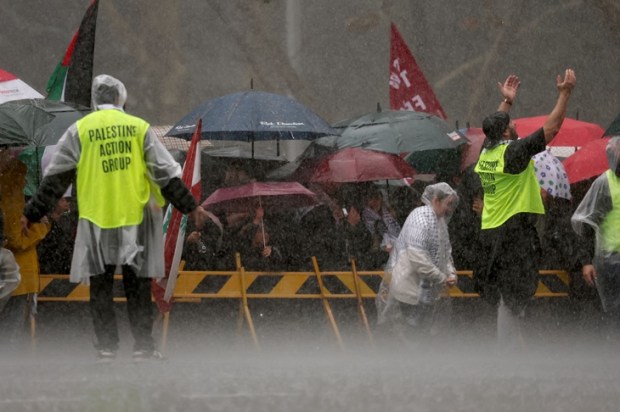The abhorrent arson attack on the Adass Israel synagogue in Melbourne, as well as repeated antisemitic attacks in Sydney, have rightfully outraged the community.
Australia’s Jewish community, along with the vast majority of mainstream Australians, are sick and tired of the weekly protests with violent and antisemitic overtones, and the harassment of Australia’s Jews. In such circumstances it is perhaps instinctive to react the way New South Wales Premier Chris Minns has to these events, by calling for stricter anti-vilification or ‘hate speech’ laws even if, in his words, ‘It’s impinging on people’s rights.’
This instinct should be resisted.
Hate speech laws are a form of censorship like any other. All the usual moral and philosophical objections to censorship apply to hate speech laws. It is an affront to human dignity to seek to control what someone can say or think, and the act of censorship tends to be counterproductive, drawing attention and even legitimacy to the viewpoint being silenced.
But hate speech laws have some particularly odious attributes. They create the perverse result of politicising the legal system, whilst making politics litigious.
The act of censorship, whether implemented by imposing criminal sanctions, financial damages, or regulating means of communication such as the internet, is an inherently political act. It involves the state determining what viewpoints are allowed to be expressed and by whom. But unlike other forms of censorship, for example, the now shelved Misinformation and Disinformation bill, hate speech censorship is not conducted by an agency of the government. The ultimate arbiters of what is, or is not, ‘hate’ to be censored are judges.
Some judicial decisions will inevitably involve political considerations, such as constitutional interpretation, but as a rule the community is best served if the justice system is, and as importantly is seen to be, politically neutral. Citizens can only be expected to submit to criminal and civil laws that can deprive them of their liberty and determine their property rights if the process for arbitrating such decisions is a neutral one.
To be clear, the legal profession itself has done a terrible job recently at helping to assure the public of the political neutrality of the justice system. The political indoctrination pushed by the university system, including law schools, seeks to produce activists, not lawyers committed to objectivity. The big law firms have abandoned political neutrality by embracing fashionable causes like the divisive Voice to Parliament, climate change, and DEI. But introducing new or stricter hate speech laws will make a bad situation much, much worse.
It is not a healthy state of affairs for the justice system when judges are being criticised for personal comments unrelated to their cases. But when adjudicating politically contentious matters it is inevitable that the political leanings of judges will be scrutinised. The reality is that such a politically charged decisions as we have seen in recent years should never have been in judges’ hands. The appropriate forum to resolve a spat between sitting parliamentarians is the ballot box.
Turbocharging hate speech laws will further politicise the justice system, and will be yet another tool for activists to silence criticism. Moreover, it will do nothing to address the root causes of the scourge of antisemitism. It would be far better to address a failed immigration system that has led to a collapse in social cohesion, the indoctrination at the heart of our education system, and two-tiered policing. Does anyone think the police would be taking such a hands-off approach to weekly pro-Palestine protests if they were instead anti-lockdown protests or ‘far right’ anti-immigration protests? To ask the question is to answer it.
Judging the thoughts and words of ordinary Australians in court is not the solution to antisemitism, but that is not to say that nothing can be done. The recent proposals announced by opposition leader Peter Dutton would be a good start, including the creation of special law enforcement teams to combat antisemitism, and to reform Australia’s overly lenient immigration rules. Australian citizens should have the right to express whatever views they wish, but that does not mean we should invite bigots into the country or allow them to stay.
In this instance, we should remember the core lesson from the disastrous response to the Covid pandemic – community fear and a desire for action are no excuse for sacrificing fundamental rights, and doing so proves counterproductive. Let’s not make the same mistake by embracing hate speech laws that are likely to do more harm than good.
John Storey is the Director of Law and Policy at the Institute of Public Affairs

























